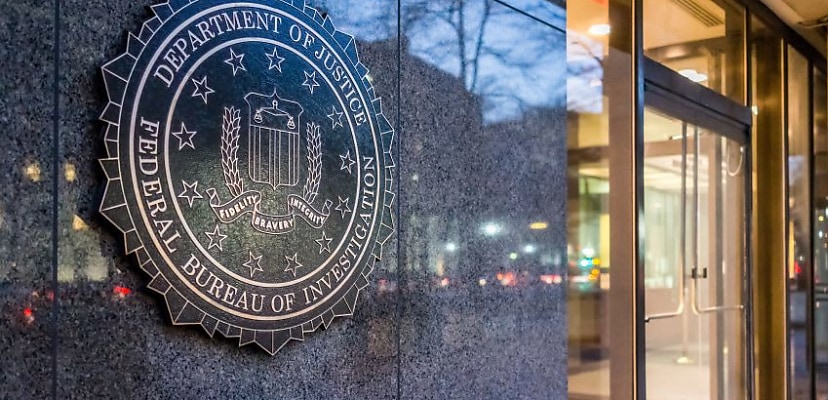Share this article on:
Powered by MOMENTUMMEDIA
Breaking news and updates daily.
Russian cyber attacks against civilian targets and critical infrastructure are a key focus for the FBI as it assists investigators in Ukraine in processing evidence of Russian war crimes.

War crimes of all stripes are part of the country’s investigative effort, including abductions, forced deportation, murder, and rape.
Agencies across Ukraine are engaged in the investigations, from the police force to the military, and they are uncovering a lot of data. Alongside the more physical evidence of fingerprints and DNA, the digital footprints of pro-Russian threat actors are also being collated. The cellphone data of alleged perpetrators are also part of the large digital haul.
FBI special agent Alex Kobzanets — assistant legal attaché to the US embassy in Ukraine — opened up about the challenges while presenting at a panel at the 2023 RSA Conference in San Francisco this week.
“Collection of that data and the analysis of that data and working through that data is something that the FBI has experience working through our January 6 investigations,” Kobzanets said, as reported by Cyberscoop.
The investigations into the 6 January riots that saw thousands storm the US capitol have already seen more than 1,000 people charged.
The challenge, however, is that to date, no cases of cyber war crimes have yet been tried, making for a challenging test case.
“I do believe that military commanders that are in charge of special forces, special services, like the GRU and the SVR, are responsible for cyber attacks on civil infrastructure should also be convicted as war criminals,” said Illia Vitiuk, head of Ukraine’s Department of Cyber and Information Security, during the same panel.
“This is very important for our future.”

David Hollingworth has been writing about technology for over 20 years, and has worked for a range of print and online titles in his career. He is enjoying getting to grips with cyber security, especially when it lets him talk about Lego.
Be the first to hear the latest developments in the cyber industry.